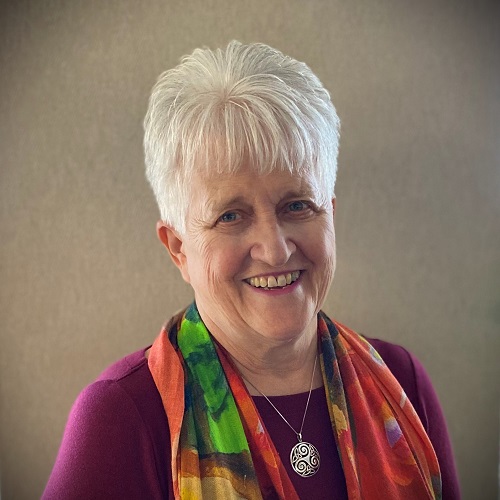
June 20, 2025 — The Executive Board tabled its proposed no-confidence vote in Office of Mental Health Commissioner Ann Sullivan at the June meeting in Albany after the commissioner and top members of her staff came before the board to discuss assaults, workplace violence, and bullying at numerous OMH facilities and what her agency plans to do to curb them.
“They heard us very loudly and immediately after that we met with Commissioner Sullivan and we have met with her team every Monday since,” President Wayne Spence told the board on June 12. “We believe the need to take up the resolution will not be necessary at this time.”
Vice President Darlene Williams, a long-time public servant at OMH, said it was a meaningful moment for the Executive Board that Commissioner Sullivan was in attendance that day.
“She didn’t have to do that, she could have let things remain the way that they were,” Wiliams said. “We had been raising concerns for a very long time. It’s easy to ignore that or just respond defensively. She stepped in with leadership and grace. She met us head on not with anger or excuses, but with humility and heartfelt apology.”
Williams said she has heard many promises over the years, but the meetings that came in the wake of the proposed no-confidence vote were the most meaningful of her career.
“We weren’t divided as labor and management, but united as professionals who care deeply about people,” she said. “I felt like the system was working the way it was supposed to, with respect, collaboration, and shared accountability.”
Commissioner Sullivan said she walked away from the meetings with the same sentiments.
“Somewhere along the way, OMH lost our way,” she said. “Now we are on a different path. Your team are strong advocates. They are going to keep our feet to the fire and make sure we do everything we say we are going to do.”
She outlined several projects her agency is already working on to mitigate the issues in facilities, including communication protocols that are uniform across the agency and include OMH, PEF executives, and facility leadership; holding Health and Safety Committees accountable and requiring they calendar meetings through the end of 2025; implementing health and safety trainings on committee operations, PESH, illness and injury data, and walkthroughs; and working to partner and engage with law enforcement.
In advance of the meeting, Executive Board members submitted questions for the commissioner.
Region 1 Coordinator Vincent Cicatello, who works at Buffalo Psychiatric Center, asked what measures are being taken to control contraband entering facilities, such as weapons and drugs.
“We have a changing population of individuals coming into residences and facilities,” Commissioner Sullivan acknowledged. “We have to rethink what we have been doing. We are open to suggestions. One that has been brought forward is respectful searches. But we have to define contraband and look at balancing opportunities to increase safety while being respectful of the needs of clients.”
In response to a question about addressing violence related to substance abuse, the commissioner said OMH is considering more expertly trained staff and providing that training. She also said clients need more to do and there are plans to increase work readiness programs.
The issue of body scanners came up and met with some pushback from Commissioner Sullivan, who said OMH wants to maintain a sense of home in its residences. Members pointed out that the public is often subject to scanners, at hospitals, concerts, in courthouses, and more.
On the issue of management bullying, the commissioner said: “Bullying is never acceptable.” She said OMH will stand behind any member who comes forward and protect them from retaliation; and the agency is “creating a culture of respect” by requiring training to address supervisory skills.
Several questions came in about open campuses and the lack of safety officers. OMH is looking into how to design and staff units to address safety, including implementing special intensive teams who would work with units on preventing violence.
The conversation also turned to corrections-based operations. Executive Board members said constituents have told them they feel like they are visitors and not afforded the same level of training as their colleagues within the Department of Corrections and Community Supervision (DOCCS).
“Nurses who were exposed to an unknown chemical agent were unaware that their contacts needed to be removed immediately,” Cicatello said as an example. “They didn’t know the decontamination process. This has been a long-term struggle.”
Commissioner Sullivan said OMH needs to have a good working relationship with DOCCS but offered no other information.
Weekly meetings with OMH to address labor-management and health and safety issues will continue.
“We can’t stop incidents, but we can certainly move to mitigate and make sure the frequency is reduced,” President Spence said. “With every incident we learn how we could have done better.”
